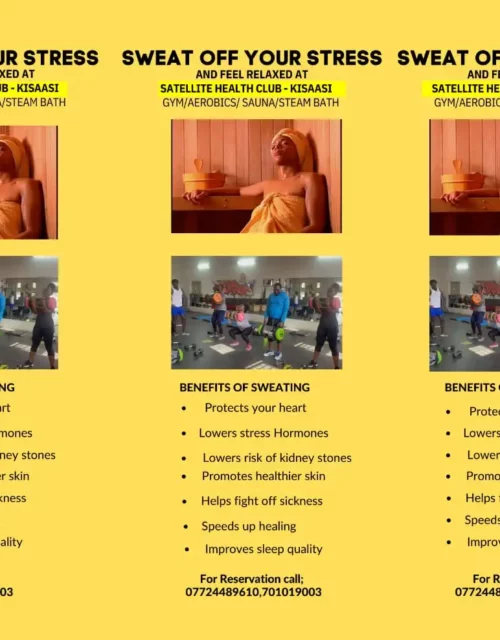By Spy Uganda
Over 4% of all new cancer cases in 2020 were attributable to alcohol consumption, according to a study published Tuesday in the journal The Lancet Oncology.
The researchers analyzed that of the 741,300 new alcohol-attributable cancer cases diagnosed last year, men represented 568,700 cases, while women accounted for 172,600 cases. Most of these cancers were in the esophagus, liver and breasts. Nearly 47% of the alcohol-attributable cancers were linked to heavy drinking, which the authors defined as 60 or more grams of ethanol alcohol (the alcohol found in alcoholic beverages), or more than six drinks, per day.
Drinking 20 to 60 grams, two to six drinks, of ethanol alcohol per day, which the authors defined as “risky drinking,” represented 39.4% of alcohol-attributable cancer cases. Moderate drinking — defined as 20 or fewer grams, or up to two drinks, per day — contributed to nearly 14%, or 1 in 7, cases. And the highest rates of alcohol-attributable cancers were among men who drank 30 to 50 grams of ethanol alcohol per day, and in women who consumed 10 to 30 grams every day.
“We urgently need to raise awareness about the link between alcohol consumption and cancer risk among policy makers and the general public,” said study author Harriet Rumgay, a doctoral student at WHO’s International Agency for Research on Cancer, in a statement. “Public health strategies, such as reduced alcohol availability, labelling alcohol products with a health warning, and marketing bans could reduce rates of alcohol-driven cancer.”
The authors said they “found that alcohol use causes a substantial burden of cancer,” but other experts say multiple limitations could weaken the strength of that proposed relationship.
“These estimates, based on standard measures, are useful since patterns of alcohol consumption change over time,” wrote Dr. Amy. C Justice, a C.N.H. Long Professor of Medicine and professor of public health at the Yale School of Medicine, in a statement. Justice wasn’t involved in the study. “At a patient level, combining counselling and medication can be effective. However, achieving a solid understanding of the burden of cancer associated with alcohol use, underlying mechanisms, and how best to intervene rely on accurate measures of alcohol exposure.”
The study doesn’t account for some possibilities of under-reported alcohol consumption, for example, and for changes in alcohol consumption before and after 2010. The authors pulled details on alcohol use from recorded, unrecorded and tourist per capita alcohol consumption data and participants’ self-reports. While alcohol consumption can be recorded through production, export, import, sales and taxation data, unrecorded alcohol consumption describes alcohol produced and consumed outside of governmental control, according to the World Health Organization.
The liver cancer the authors measured was hepatocellular carcinoma, the most common type of primary liver cancer — cancer that begins in your liver, rather than spreading to your liver from other organs.
“Hepatocellular cancer is the sixth most common cancer worldwide, and the incidence is increasing. Alcohol use is well known to increase risk of hepatocellular cancer among individuals with obesity, who have hepatitis B or C virus infection, or who smoke,” Justice wrote.
Alcoholics Anonymous may be the most effective path to abstinence, study says
Cancer cases and alcohol consumption were highest in central and eastern Europe and eastern Asia, where hepatitis B is a common cause of hepatocellular carcinoma, according to the American Cancer Society. Rates of hepatitis B and this liver cancer have been high in the Asia-Pacific region, especially among men — as the study found.
Cancer cases were lowest in northern Africa and western Asia, specifically in countries such as Saudi Arabia and Kuwait, where alcohol is banned and “religious-based policies have ensured that population alcohol consumption remains low and lifetime abstention rates remain high,” the authors wrote.





